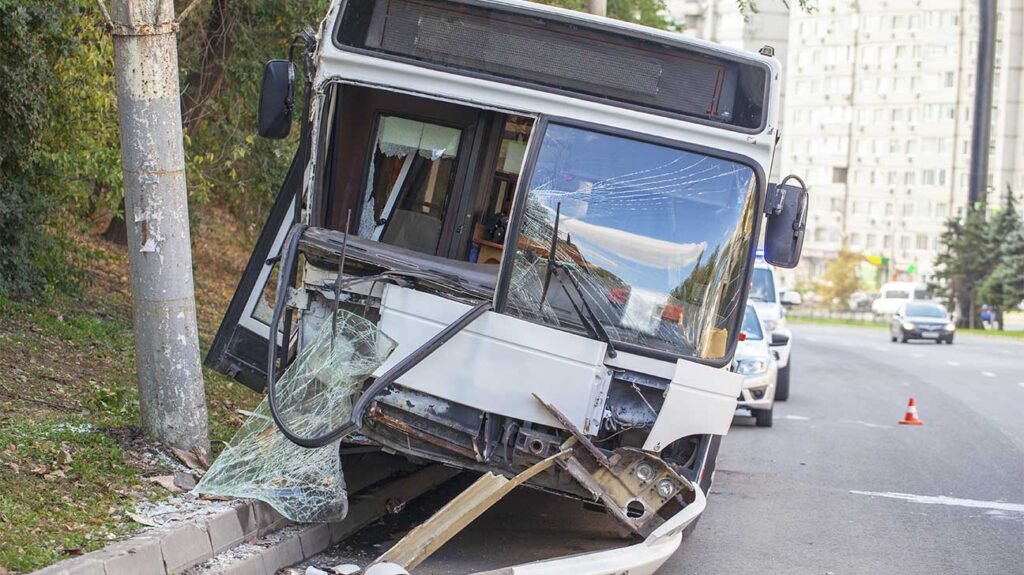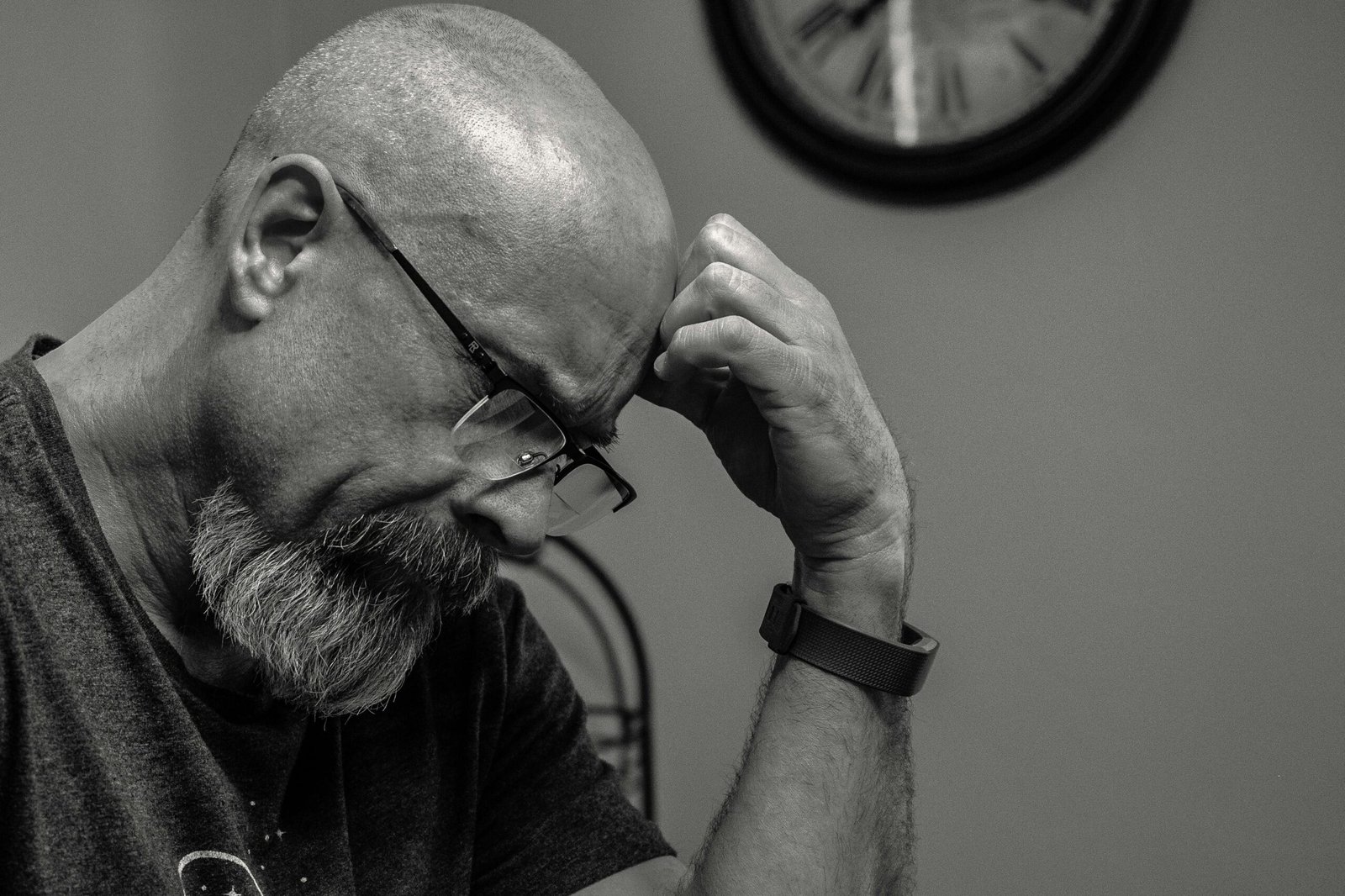Bus accidents can have devastating effects, causing injuries, deaths, and property damage. Whether it’s a public transportation bus, school bus, or private charter, these accidents often involve multiple parties, making the legal process complex.
According to reports, over 60,000 buses are involved in fatal crashes every year in the US. In such unfortunate cases, seeking help from experienced bus accident attorneys can make a significant difference in getting the compensation you deserve.
Common Causes of Bus Accidents
Buses are generally considered a safe mode of transportation; however, accidents do happen. These accidents are complex events that can result in significant injuries, property damage, and even fatalities. Understanding the causes behind these accidents is essential for promoting safer practices on the road and ensuring accountability.
Common causes of bus accidents include:
- Driver error
- Poor vehicle maintenance
- Weather conditions
- Driver intoxication
- Reckless driving by other motorists
Who is Liable in a Bus Accident?
Determining liability in a bus accident can be tricky. Many parties could potentially be at fault, depending on the circumstances of the accident.
The Bus Driver
If the accident is caused by the driver’s negligence, such as speeding or driving while distracted, the bus driver may be held liable. However, bus drivers are typically employees, which means the company they work for may also share responsibility.
The Bus Company
In many cases, the bus company is held liable for the actions of its drivers under the principle of “vicarious liability.” This means that if a driver was acting within the scope of their job when the accident happened, the company may have to pay for damages. Additionally, if the bus company failed to maintain the vehicle or hired unqualified drivers, they could be directly responsible for the accident.
Manufacturers
If a bus accident occurs because of a defective part, such as faulty brakes or tires, the manufacturer of that part may be held liable. Product liability claims can arise when the design or manufacturing of a vehicle part is faulty, contributing to the accident.
Other Motorists
If another driver’s negligence caused the bus accident, they may be held liable for any injuries or damages. In multi-vehicle collisions, determining who is at fault can be more complex, often requiring investigations and accident reconstruction to determine who was responsible.
Government Entities
In cases involving public transportation buses, the local or state government may be liable for the accident. Suing a government entity is often more complicated than filing a claim against a private company or individual, as there may be special rules and limits on how much compensation victims can receive.
Legal Challenges After a Bus Accident
Bus accidents involve multiple parties, which can complicate the legal process. Victims often face several legal challenges in pursuing compensation.
Dealing with Multiple Parties
Bus accidents often involve multiple injured parties, as buses can carry many passengers. This means that there may be several personal injury claims happening at once. Proving negligence, determining liability and ensuring that every victim receives fair compensation can be challenging. This may require gathering evidence such as eyewitness accounts, video footage, or expert testimony, which can be time-consuming and expensive.
Government Involvement
If the bus involved in the accident is owned by a government entity, special rules may apply. For example, there are often strict deadlines (known as “statutes of limitations”) for filing claims against the government, and compensation amounts may be capped. Victims need to be aware of these unique legal requirements.
Complex Insurance Issues
Bus companies and drivers typically have insurance to cover accidents, but dealing with insurance companies can be difficult. Insurers may try to reduce the payout or deny the claim altogether. It’s essential to have strong legal representation to negotiate with the insurance companies and ensure fair compensation for medical bills, lost wages, and other expenses.







